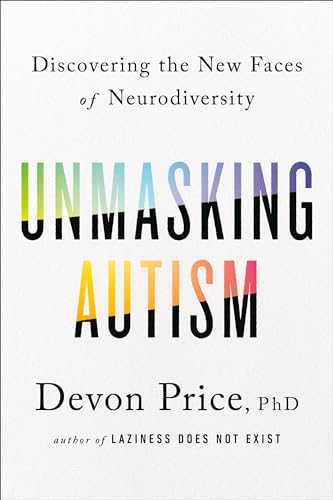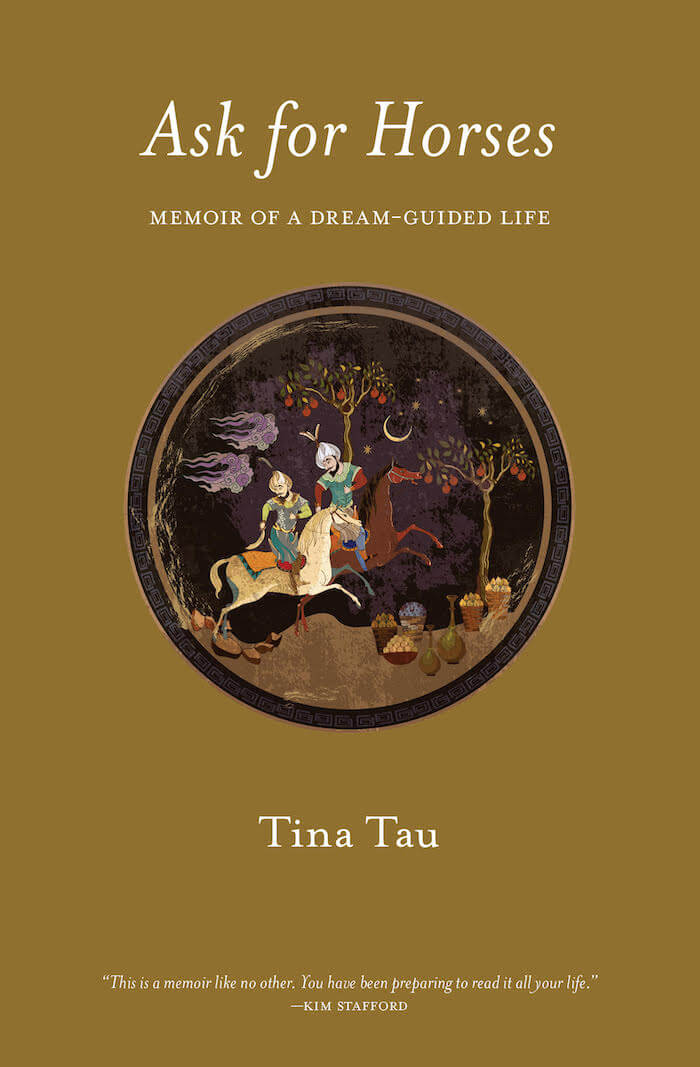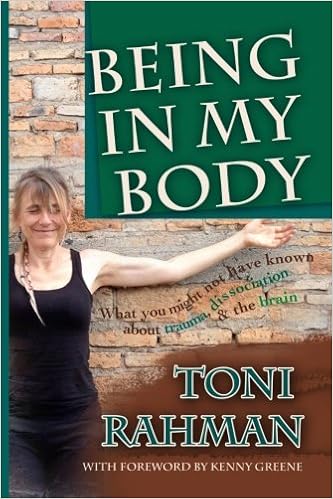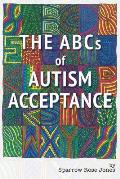Subtitle: an American Singer in Georgia
Recommended to me by: Jen Morris
As an enthusiastic fan of Georgian singing in general and Trio Kavkasia in particular, I was eager to read about the trio’s adventures in the Republic of Georgia as shared by one of its members. These three American men spent time in Georgia both studying the language in the capital city, Tbilisi, and touring the countryside to learn songs from master singers.
The book is well-written and full of engaging details about places and people. At the same time, it took me a long time to finish reading. It is a set of semi-independent essays, and some of the essays have more drinking and violence in them than I’m comfortable reading about. It is a book very much centered on men, with women relegated to the background or referred to disparagingly, like the “kerchiefed biddy” mopping a church. While women do sing in Georgia, there is a whole tradition of men sitting around the table drinking, singing, and eating, while women serve food they spent days preparing.
Toward the end of the book the focus returns to the theory and practice of learning Georgian songs. Stuart Gelzer looks back on a religious ritual he participated in without learning about it beforehand and says, “I actually like to stay a little lost, a little confused. […] I like the flow of apparent chaos, the hilarious unpredictability, the feeling of being a perpetual outsider, the challenge of being clueless.” This cheerful attitude born of luck and privilege gives him access to wonderful musical adventures and a deep knowledge of Georgian singing.
The whole time I wondered when the six reasons to travel would be explained. Looking at the beginning of the book again to write this review, I noticed a poem before the table of contents.
to leave one’s troubles behind one
to earn a living
to acquire learning
to practice good manners
to meet honorable men
for the pleasantness of being liked for oneself
— Freya Stark, A Winter in Arabia
Recommended for anyone interested in the nitty-gritty of traveling and learning songs in Georgia.






